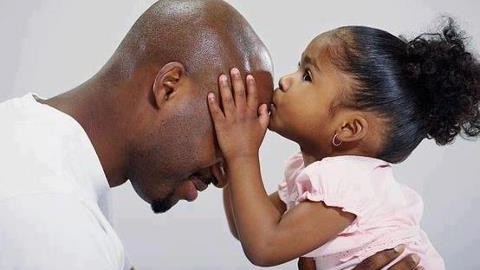Can A Child’s Tertiary Education Be Included In Maintenance?

Education is considered a human right, just like food, shelter and social involvement. But what are the considerations regarding tertiary education and a child maintenance agreement? Is a parent whose duty is to pay regular maintenance also expected to pay for tertiary education?
A Shift In Duty
When paying for a child’s tertiary education, it most likely means that the child has reached an age where he/she is considered an adult. As an 18-year-old, the child may be an adult, but is not yet considered self-supporting. When unable to look after themselves (due to financial constraints), it is the ultimately the child’s responsibility to claim maintenance from the parent in question. The spouse who may have had custody of the child is no longer expected to receive the money with regards to the wellbeing and support of the child.
Commitment To Education
Although the child now receives maintenance from their parents toward living expenses and tertiary education, the parent is only expected to pay for the education as long as the parent has the financial means. Not only does the parent have responsibilities, but the child is expected to pass subjects at university. When he/she shows trends of failure or negligence, then it is no longer the parent’s responsibility to pay for tertiary education.
What Should You Pay For?
It is parents’ duty to care for an adult child when they are unable to do so themselves. Children studying in a university are most often unable to provide for themselves, and therefore parents may have to fit the bill for tertiary fees, textbooks, food, accommodation, and transport.
A parent is no longer expected to provide maintenance for a child when the child is deemed at such an age and capacity to find a job for themselves, and therefore ensure their own livelihoods are taken care of.
For more information on child maintenance, child custody, and any other divorce or child-related legal query, contact Ivan Zartz Attorneys today!




